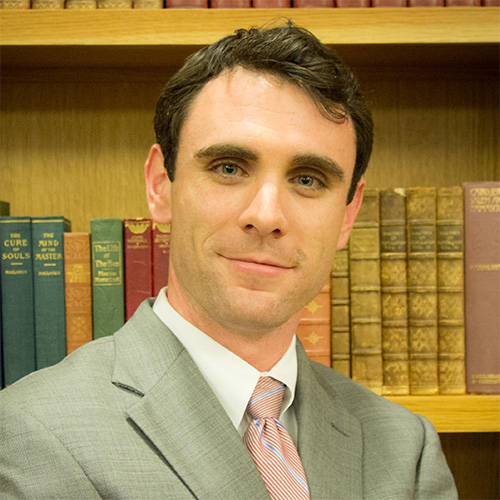Procedural Justice: Public Perception of Court and Legal System Legitimacy
Why do you obey the law? Because you are afraid of the consequences if you don't? Or perhaps because it is the right thing to do? How about, because you believe that "government has the right to dictate to [you] proper behavior"? Professor Tracey L. Meares, the Walton Hale Hamilton Professor at Yale Law School, believes that the third option—believing that government's laws and legal process have legitimacy—is the keystone to building the most effective legal system.
Research has shown that when defendants and litigants perceive the court process to be fair, they are more likely to comply with court orders and follow the law in the future—regardless of whether they “win” or “lose” their case. — Center for Court Innovation
 In a recent interview with the Center for Court Innovation—which echoes her views on the subject—Professor Meares explained the role that procedural justice, or procedural fairness, plays in the public's perception of government legitimacy and the four components that make up procedural justice. The four components are: Voice, Decision-Making Neutrality, Treatment with Dignity and Respect, and Trust. Meares stated that social science research has shown that when people feel that each component of procedural justice is present they are more likely to believe that government has the right to dictate to them proper behavior and they are more likely to follow the law.
In a recent interview with the Center for Court Innovation—which echoes her views on the subject—Professor Meares explained the role that procedural justice, or procedural fairness, plays in the public's perception of government legitimacy and the four components that make up procedural justice. The four components are: Voice, Decision-Making Neutrality, Treatment with Dignity and Respect, and Trust. Meares stated that social science research has shown that when people feel that each component of procedural justice is present they are more likely to believe that government has the right to dictate to them proper behavior and they are more likely to follow the law.
Instilling this procedural justice model in our legal system has been a part of the Center for Court Innovation's various demonstrative projects that have taken place throughout the United States and United Kingdom, and have implications for both the civil and criminal justice systems. These projects have achieved tangible results using a rigorous and collaborative process that emphasizes gathering data to ensure accountability and repeatable results.
The Center for Court Innovation isn't the only national organization working to define the contours of and highlight the importance of procedural justice. Representatives of the American Judges Association and the National Center for State Courts lead a "collaborative effort by judges, researchers, and university professors" to "bridge the gap between academic research and actual practice" in the procedural justice arena. Judge Kevin Burke and Judge Steve Leben are two of the founders of the Procedural Fairness project, which includes an active blog. Judge Burke is a member of the IAALS Board of Advisors, and Judge Leben has been involved in a number of IAALS projects.
Riley Combelic is a third-year law student at the University of Denver Sturm College of Law and contributes to IAALS Online. Please direct inquiries about this post to iaals@du.edu.


